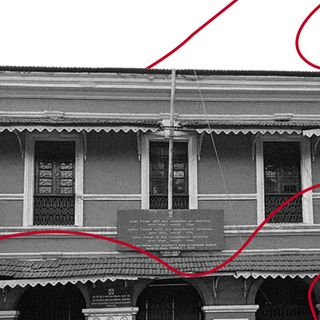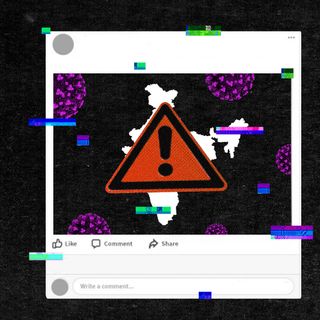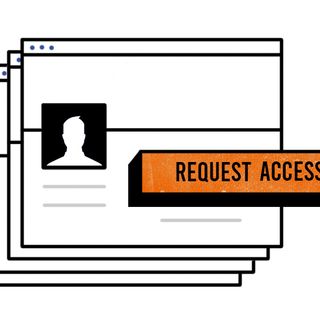WhatsApp has challenged the government’s new digital media rules — scheduled to come into force from today — before the Delhi High Court.
Introduced in February, the rules require digital media companies to disclose the identity of the first originator of messages. The objective of the rules is to enable them to provide information regarding “who-said-what and who-shared-what” on their platforms when called upon by law enforcement agencies.
The tech giant, which currently has more than 400 million users in India, is challenging the traceability provision on constitutional grounds since it goes against people’s fundamental right to privacy.
“A person sending a message to another person has a reasonable expectation of privacy, and these rules are a violation of people’s fundamental right to it,” wrote Anushka Jain, an associate counsel at the Internet Freedom Foundation (IFF), a digital liberties organization based in New Delhi, adding that “a traceability requirement will essentially be a death sentence to free speech in the country.”
But this isn’t the first time WhatsApp has opposed the government’s new rules. Sources within WhatsApp had told The Economic Times earlier this year that the company “will not bend” on the issue of user privacy and that their stance is absolutely “non-negotiable.” Citing privacy concerns, the source said, “What’s the guarantee that the rules will not be misused? There are a lot of loopholes in these new rules.”
The rules would break the end-to-end encryption that is presently in place to prevent anyone other than the intended recipient of a message from accessing its content — this is to keep away state and non-state actors, and even WhatsApp itself, from spying on users. Breaking the tenet of encryption that has been in place since 2016 will open up digital messaging platforms to exploitation by malicious actors, like hackers, jeopardizing not only the privacy of users but also their security.
Related on The Swaddle:
Amid Growing Concerns About Misinformation, WhatsApp Launches Fact-Check Feature
Privacy experts like Jain have strongly criticized the rules for going against this standard of privacy and security we presently enjoy — potentially preventing users from being able to communicate safely in private, leave alone on social media. “Traceability will break one of the core values of end-to-end encryption, which masks the identity of a person with respect to the message content, which is what allows people to have private conversations over instant messaging apps,” Apar Gupta, the executive director at the IFF, told The News Minute.
WhatsApp also issued a statement earlier today citing the human rights concerns of having such this clause in place. “Traceability forces private companies to turn over the names of people who shared something even if they did not create it, shared it out of concern, or sent it to check its accuracy. Through such an approach, innocent people could get caught up in investigations, or even go to jail, for sharing content that later becomes problematic in the eyes of a government, even if they did not mean any harm by sharing it in the first place,” the statement reads.
At present, WhatsApp is reportedly fighting a similar battle against a Brazilian law mandating the traceability clause in the South American country. This law, too, has been criticized for its “far-reaching negative human rights impacts” by the United Nations, among others.
Subjected to similar censure, the Indian rules, could potentially spell mass surveillance of anyone using digital media to communicate with people. “In order to trace even one message, services would have to trace every message. That’s because there is no way to predict which message a government would want to investigate in the future. In doing so, a government that chooses to mandate traceability is effectively mandating a new form of mass surveillance,” WhatsApp said, adding the rules are forcing platforms like WhatsApp to collect “more information about their users at a time when people want companies to have less information about them.”
At present, it’s unclear when WhatsApp’s plea will be heard by the court.




